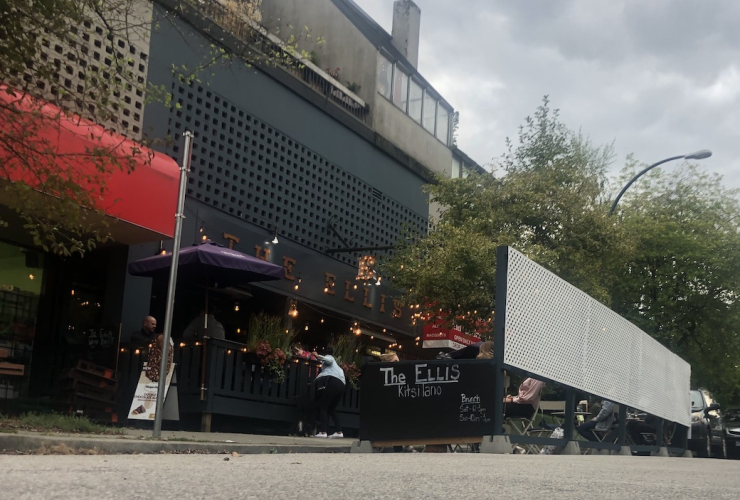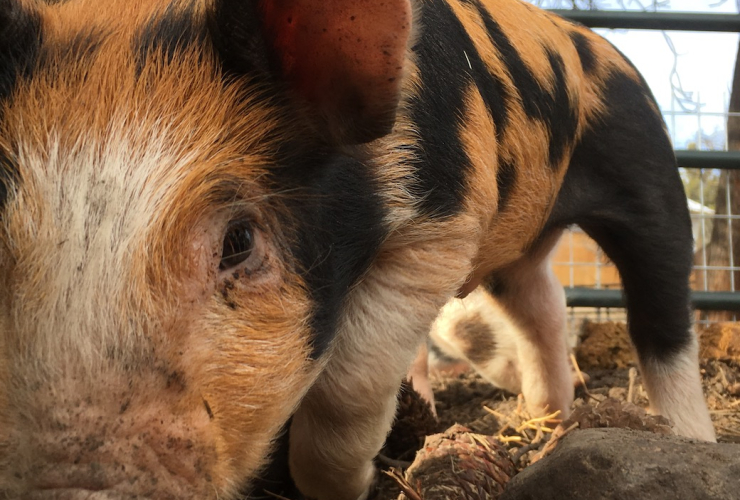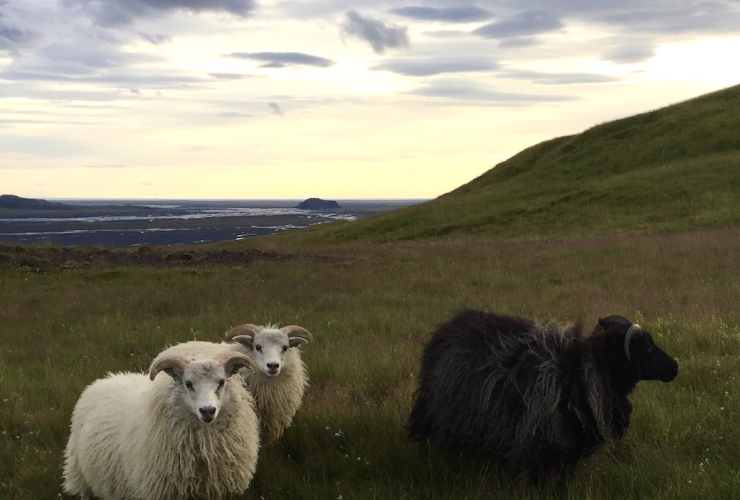What will it mean for food industry workers if there's another lockdown?
Lia Moody is worried. Worried about layoffs. Earlier this month, faced with soaring cases of COVID-19, B.C. provincial health officer Dr. Bonnie Henry mandated the closure of nightclubs and banquet halls, and put additional restrictions on restaurants and bars. It’s the latest hit to an industry still battered by the pandemic — and winter is coming.















